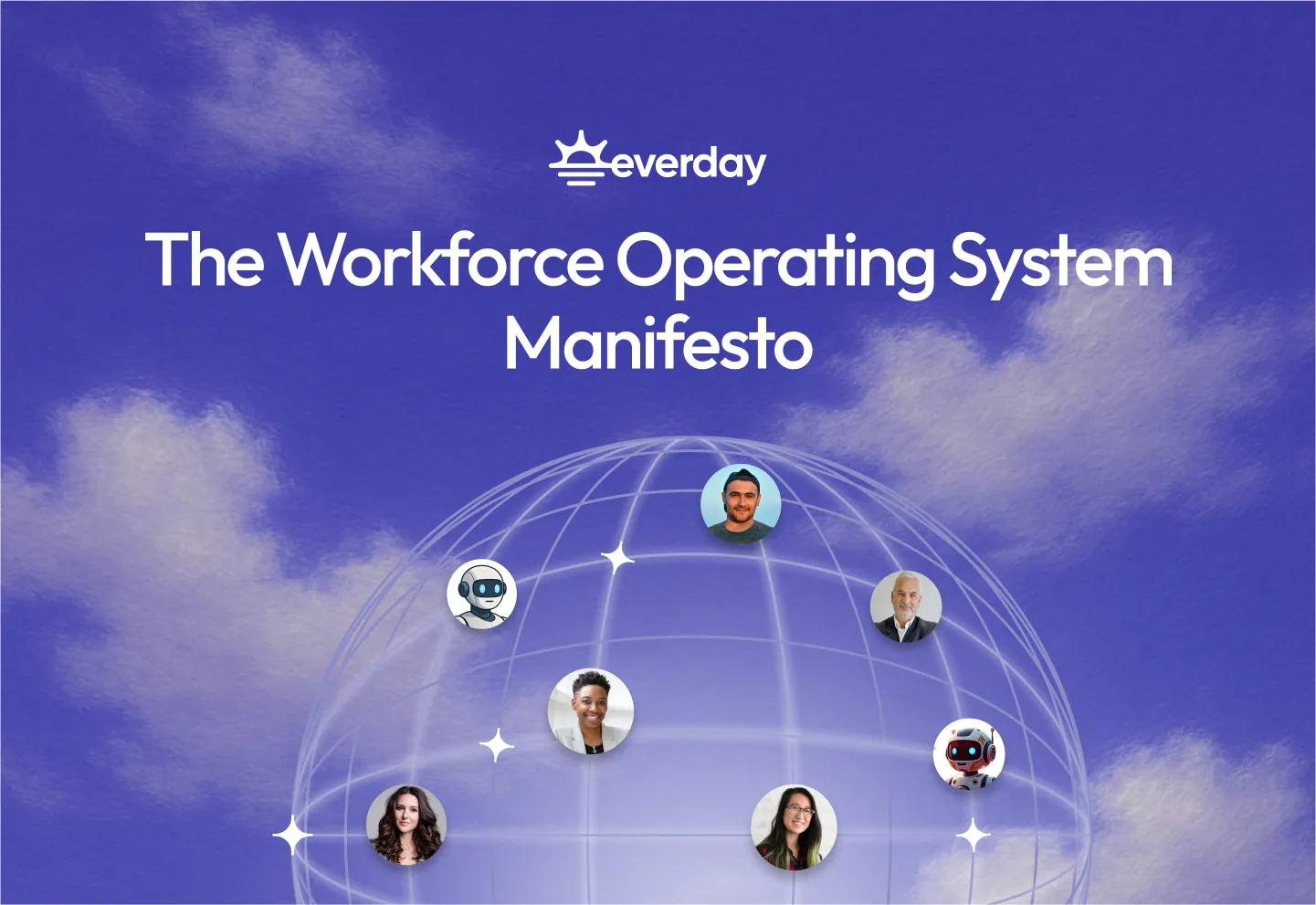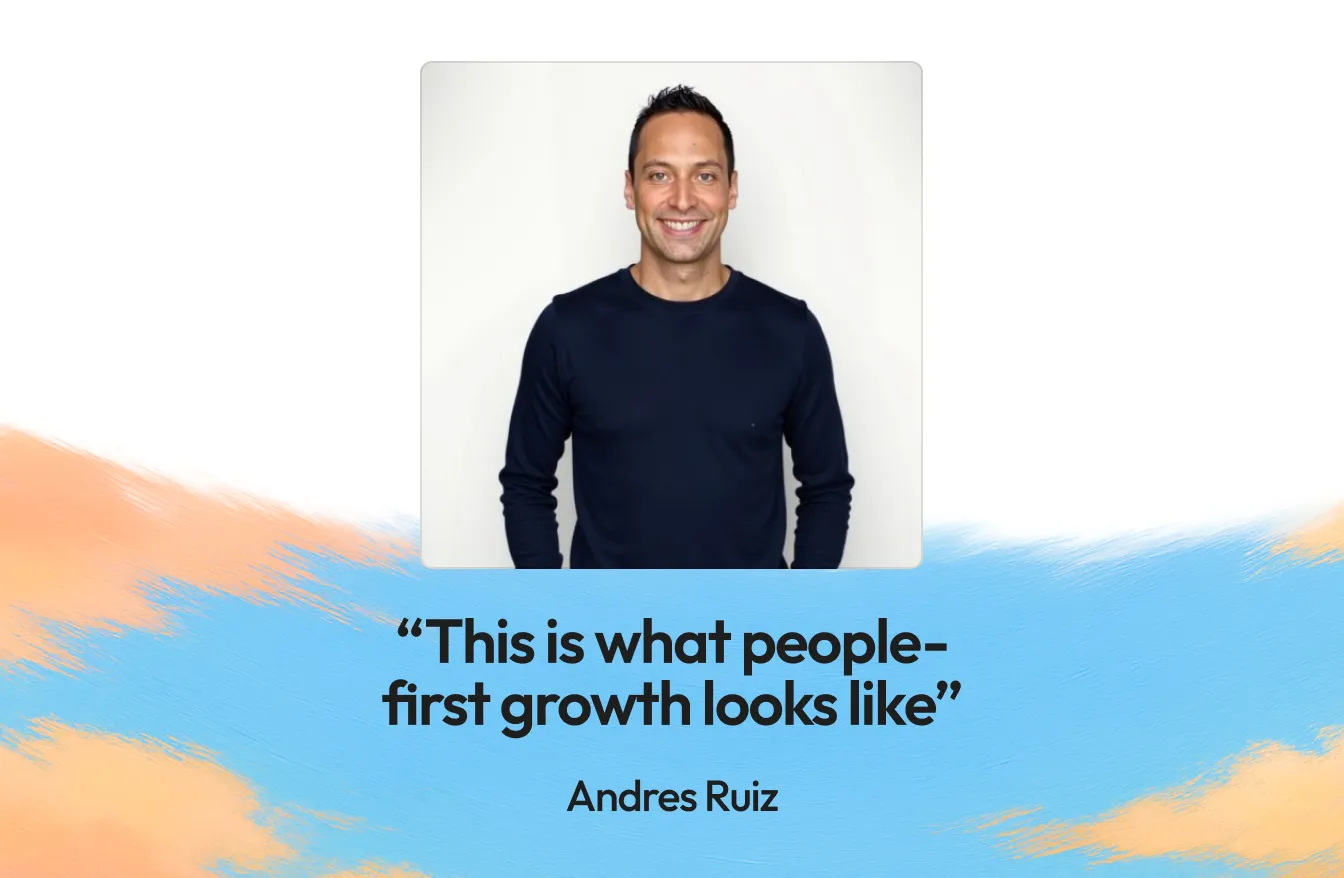Companies are starting to see just how important it is to build a resilient workforce - one that can handle challenges and adapt to new opportunities. A big part of this is embracing skill diversity, which means having a mix of different abilities and expertise within your team. In this article, we’ll look at why skill diversity is so important for creating a strong, adaptable workforce that can help your organization thrive, even in tough times.
What is skill diversity?
Skill diversity is all about having a wide range of abilities, experiences, and approaches across your team. It’s more than just traditional diversity (like demographics); it includes the unique skills and perspectives that each person brings to their role.
Types of skill diversity:
- Technical skills: The specific know-how needed for certain jobs or industries.
- Soft skills: Abilities like communication, teamwork, and emotional intelligence.
- Cognitive diversity: Different ways of thinking and solving problems.
- Experiential diversity: A variety of life and work experiences that shape how people see things.
- Cross-functional expertise: Knowledge that spans across multiple departments or areas.
How skill diversity builds resilience
Research shows that teams with diverse skills are better at handling challenges and adapting to change. Here’s how skill diversity makes your workforce more resilient:
- Increase problem-solving capabilities
- Enhance innovation and creativity
- Improve decision-making processes
- Increase adaptability to market changes
The benefits of skill diversity in the workplace
Here are some concrete ways skill diversity can boost your team’s performance:
1. Boosting creativity and innovation
Teams with diverse skills are 35% more likely to be leaders in innovation. By bringing together people with different strengths, you get a wider range of ideas that can lead to:
- Breakthrough products
- Creative solutions to market challenges
- Better processes and improved efficiencies
2. Improving problem-solving
Diverse teams solve problems up to 87% faster than teams with similar skill sets. That’s because different perspectives help address multiple angles of a problem, leading to:
- More comprehensive solutions
- Less groupthink, and more critical thinking
3. Increasing productivity
Teams that embrace skill diversity can be up to 32% more productive. This happens because:
- Complementary skills smooth out workflows
- Bottlenecks are reduced since more people have the ability to step in and help
- Employees stay engaged by working on diverse and challenging tasks
4. Making better decisions
Teams with diverse skills make better decisions 87% of the time. This is thanks to a mix of viewpoints that help:
- Assess risks more thoroughly
- Consider all stakeholders’ needs
- Anticipate future trends and customer expectations
How to build a skill-diverse workforce
Here are some strategies you can use to cultivate skill diversity in your organization:
- Create a skills inventory
- Form teams based on skills
- Encourage skill sharing and mentoring
- Align learning and development with skills
- Foster a collaborative culture
- Promote diversity and inclusion
- Use data analytics to manage skills
Overcoming challenges in skill diversity
Organizations may face challenges such as resistance to change, difficulty in accurately assessing skills, and maintaining an up-to-date skills inventory. Solutions include implementing change management strategies, using standardized assessment tools, and making skill updating a regular process.
The role of leadership in skill diversity
Leaders play a key role in enhancing skill diversity. Here’s how:
- Championing inclusive leadership practices
- Encouraging diverse contributions
- Facilitating shared decision-making
- Supporting employees' needs and ensuring organizational equity
Skill diversity in action
- Tech giant’s innovation boost: A technology company saw a 40% increase in patent filings and sped up product development by 25% after focusing on skill diversity.
- Financial firm’s adaptability: A financial services company used skill diversity to navigate market challenges, boosting client retention by 15% and increasing new product adoption by 20%.
Building a resilient workforce through skill diversity isn’t just a nice-to-have; it’s a smart strategy for long-term success. By embracing a wide range of skills within your teams, you’ll foster creativity, improve problem-solving, and make your organization more adaptable to whatever challenges come your way. The companies that prioritize skill diversity will be the ones that stay ahead of the curve, turning challenges into opportunities and building a brighter future for their industry.
Everday empowers your organization with skill insights
Empower your organization by aligning current skills with future needs. Everday provides dynamic visualisation and strategic alignment to keep you ahead.
14 day free trial, no credit card needed

Get your entire company's skill matrix
Everday's AI-powered skills mapping builds your company's skills matrix faster, and with greater accuracy than creating it manually with the traditional spreadsheets.

14 day free trial, no credit card needed








